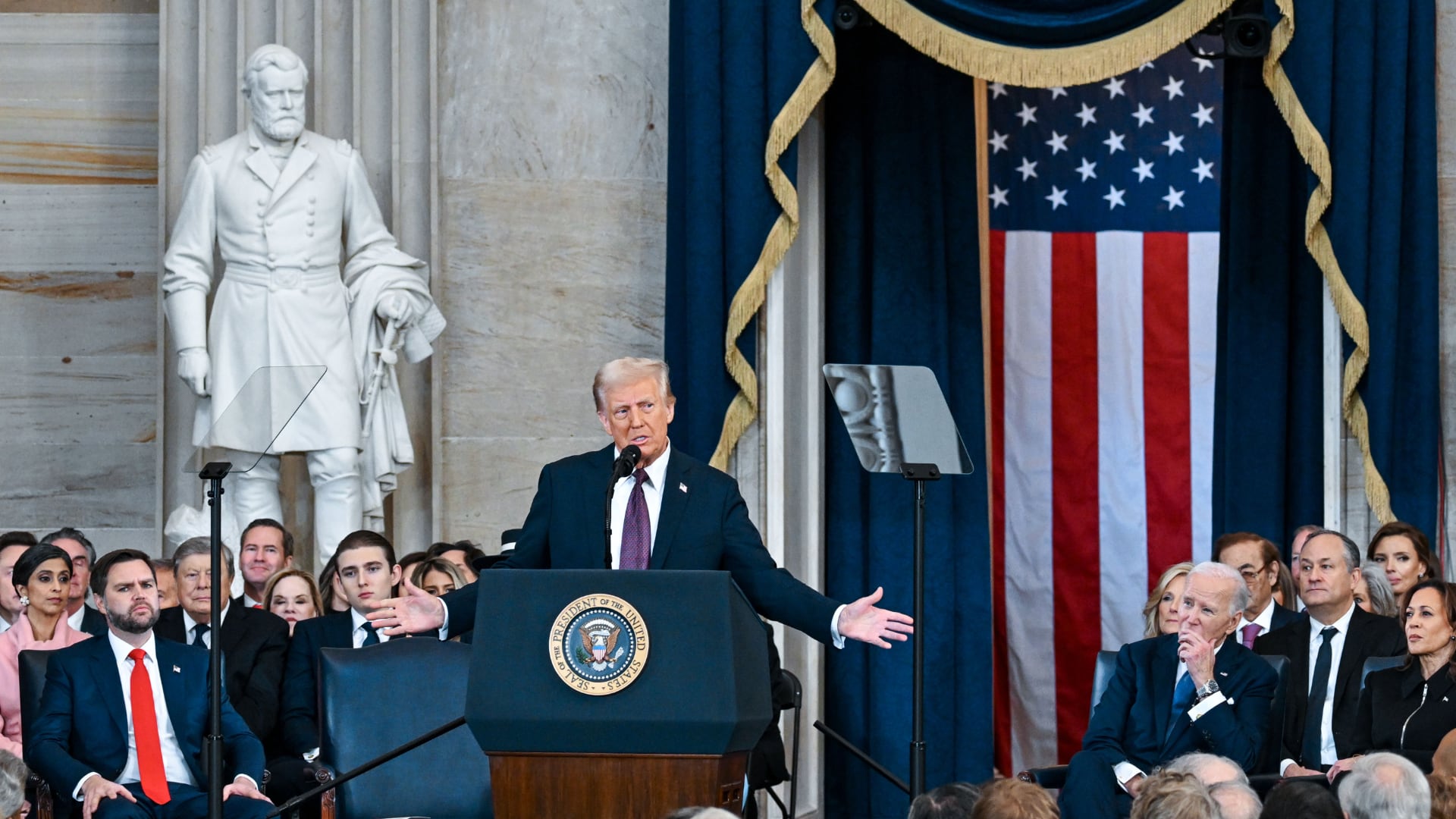U.S. Senator Josh Hawley (R-Mo.), a vocal critic of big tech, said the antitrust lawsuit filed on Tuesday by the Department of Justice against Google has the potential to become the biggest strike against monopoly power since the Microsoft case settled in 2001.
"This new case will be the most significant antitrust case in a generation and certainly since the Microsoft case, and I think it has the potential to be bigger than the Microsoft case because Google is a more powerful platform, a more powerful company than Microsoft was," Hawley told Cheddar's J.D. Durkin on Tuesday.
He agrees with critics of the Microsoft case that it should have gone further, but maintains that it still helped spur the startup boom of the early 2000s.
"People often say, well, it really wasn't that successful, but actually if you look at the surge in tech startups that occurred during and immediately after the Microsoft case, I think you can see that taking on Microsoft had a significant pro-competition, pro-innovation effect," he said.
The senator also stressed that this is a critical moment for antitrust law in the U.S.
"Let's just be honest here, the stakes are high for the Department of Justice," he said. "They need to prosecute this case to the fullest extent of their abilities, and they need to get a win. They need to show that antitrust law still has an important part to play in the 21st century economy, and I believe they'll do that."













